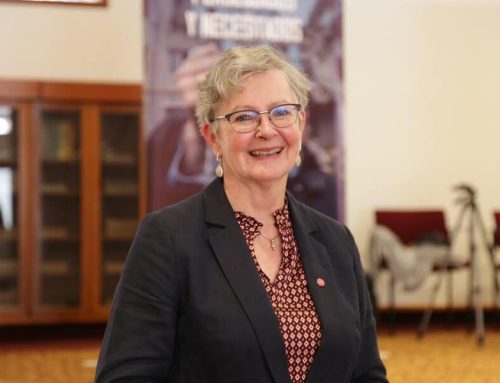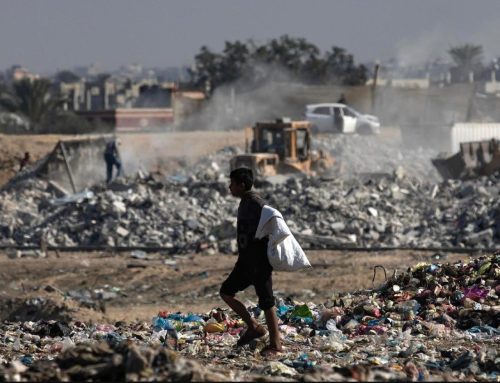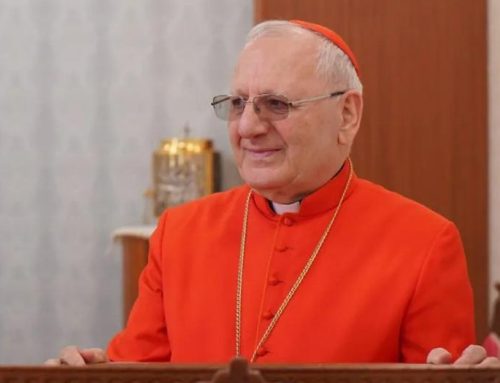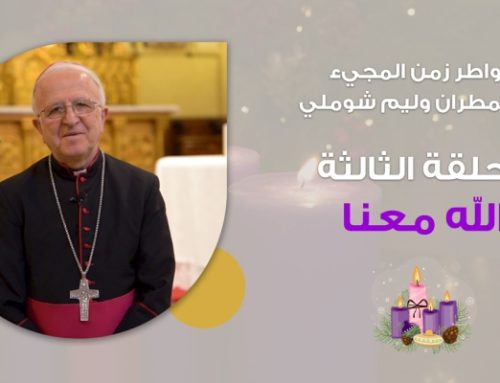
The Pope invited the-then-Israeli president Shimon Peres and his Palestinian counterpart, Mahmoud Abbas to the Vatican, after celebrating Mass in Bethlehem during his May 2014 visit to Jordan, Israel and Palestine. During the simple ceremony in the Vatican gardens, the two Middle East leaders recited prayers in Hebrew and Arabic, exchanged a gesture of peace and planted an olive tree together.
But one year on, what impact – if any – has that historic event had on the continuing political and religious tensions in Israel and Palestine?
Archbishop Michael Fitzgerald is former president of the Pontifical Council for Interreligious Dialogue and former nuncio to Egypt and the Arab League. Philippa Hitchen put that question to him at a recent ecumenical and interfaith conference at Georgetown University in Washington DC, organised by the Ecclesiological Investigations International Research Network.
Listen:
Archbishop Fitzgerald recalls the prayer service did not meet with approval from many people, but he says the gesture showed that it is possible to take courageous steps for peace. Working in interreligious dialogue, he continues, teaches us not to expect immediate fruits from our actions, so the Pope’s gesture “may produce its fruit in good time”.
Speaking of the current situation in Jerusalem where he now lives, Archbishop Fitzgerald says that on the ecumenical front there has made progress and the different Christian Churches now work closer together, but the political situation continues to prevent Christians, Muslims and Jews from associating and working to ease tensions.
Source: Radio Vatican





